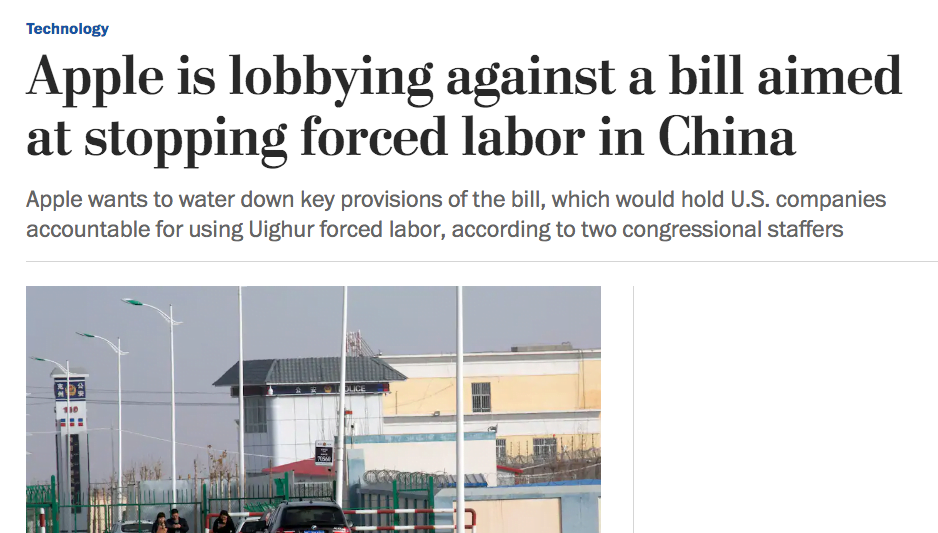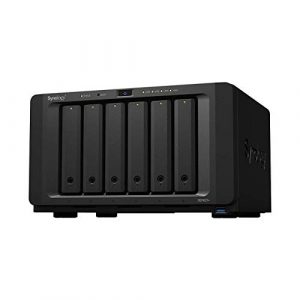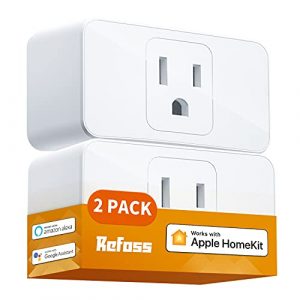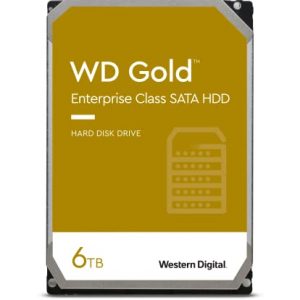Apple is lobbying in the USA against a law that would make forced labor a punishable offence.
(via ifun)
The law H.R.6210, called the Uyghur Forced Labor Prevention Act, would punish companies that use forced labor by workers in China. More specifically, it would apply to the predominantly Muslim region of Xinjiang in China. There the Chinese government detains this minority. The Uyghurs are then sent to companies for forced labor.
The Washington Post (The Information is supposed to have reported first) now writes that Apple has lobbied for the fact that if forced labor is used in its own production chain, it is not punishable. The newspaper refers to two members of Congress who want to remain anonymous.
Cathy Feingold of the American Federation of Labor and Congress of Industrial Organizations can be quoted as saying: “What Apple would like is we all just sit and talk and not have any real consequences. They’re shocked because it’s the first time where there could be some actual effective enforceability.”
Is Apple lobbying for or against forced labor?
Josh Rosenstock, an Apple spokesperson, said: “Apple is dedicated to ensuring that everyone in our supply chain is treated with dignity and respect. We abhor forced labor and support the goals of the Uyghur Forced Labor Prevention Act. We share the committee’s goal of eradicating forced labor and strengthening U.S. law, and we will continue working with them to achieve that.”.
In the USA, it is law to produce a lobbying report. This allows you to track which lobbying company has lobbied on whose behalf and for how much money. The document shows that the company Fierce Government Relations, acting on behalf of Apple, has invested 90,000 dollars in this. What the document does not reveal is whether Apple has been active for or against forced labor.
If the law were to be applied, products that originate from a region or a company that can be proven to have used forced labor could be subject to an import ban in the U.S.




